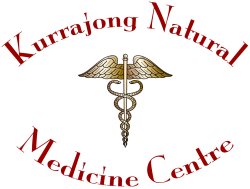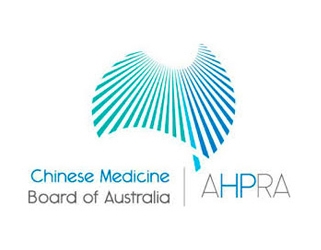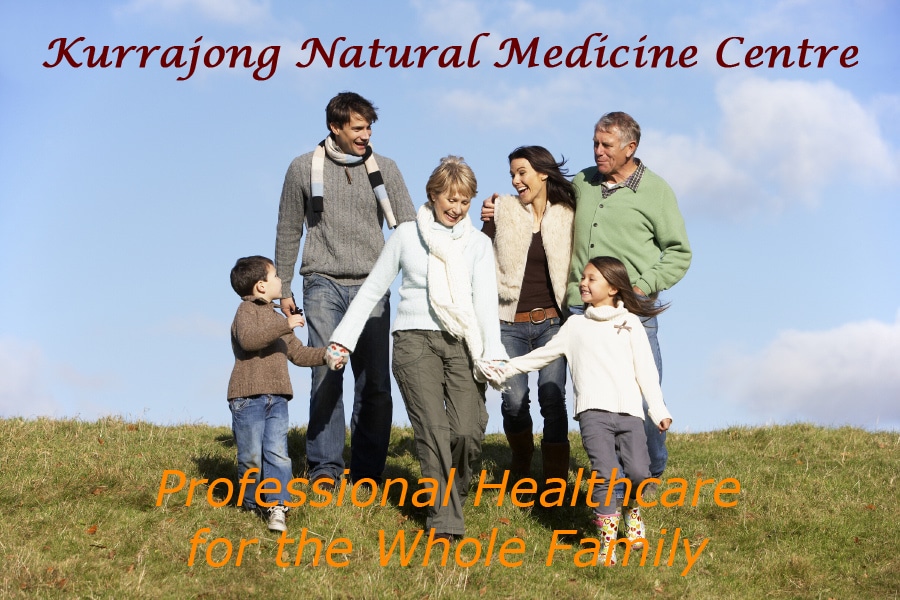Traditional Chinese Medicine: A Holistic Approach to Health & Well-being
Traditional Chinese Medicine (TCM) is a comprehensive and ancient system of healthcare that has been practiced for thousands of years in China. It encompasses a holistic approach to healing, emphasising the balance and harmony of the body, mind, and spirit. TCM offers a unique perspective on health and disease, employing a range of practices such as herbal medicine, acupuncture, dietary therapy, massage (Tui Na), and exercise (Tai Chi and/or Qi Gong). This page explores the principles, diagnostic methods, treatment modalities, and contemporary relevance of TCM, highlighting its contribution to global healthcare.
Principles of Traditional Chinese Medicine:
TCM is rooted in a set of fundamental principles that guide its understanding of health and disease. The core principles include Yin and Yang, the Five Elements (Wu Xing), and Qi (vital energy) and Blood (Xue). Yin and Yang represent complementary and opposing forces that exist in everything, including the body. Health is achieved through the harmonious balance of Yin and Yang.
The Five Elements theory describes the interrelationships and dynamic processes of Wood, Fire, Earth, Metal, and Water, which correspond to different organs and bodily functions. Qi and Blood are considered vital substances that flow through the body’s meridians, nourishing and sustaining overall well-being.
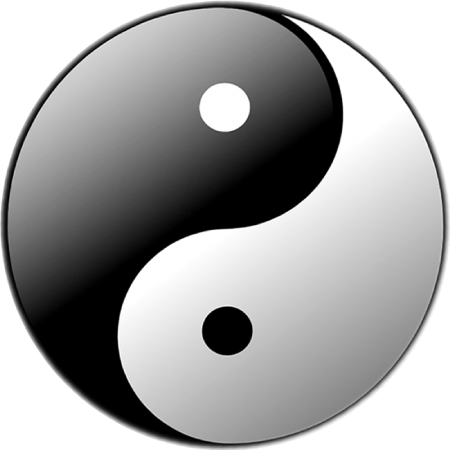
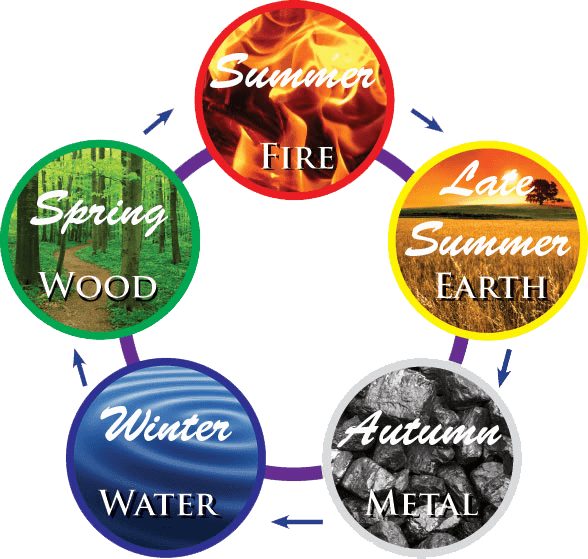
Diagnostic Methods:
TCM utilises a combination of diagnostic methods to assess an individual’s health and identify patterns of disharmony. These methods include observation, questioning, palpation, and pulse and tongue diagnosis.
Observation involves examining physical appearance, complexion, and body movements to detect signs of imbalance. Questioning delves into the patient’s medical history, lifestyle, symptoms, and emotional state to gain a comprehensive understanding of their condition. Palpation involves feeling various body parts, such as the pulse, abdomen, and meridian points, to gather diagnostic information. Pulse and tongue diagnosis provide insights into the internal state of organs, Qi, and Blood by assessing qualities such as rhythm, strength, and color.
Treatment Modalities:
TCM offers various treatment modalities to restore balance and promote healing. Herbal medicine is a central component, utilising combinations of natural substances, including plant parts, minerals, and animal products, to address specific health conditions.
Acupuncture involves the insertion of fine needles into specific points along the body’s meridians to regulate the flow of Qi and restore balance.
Moxibustion, the burning of dried mugwort, may be applied to enhance acupuncture treatments.
Cupping involves creating a suction effect on the skin’s surface, promoting blood circulation and relieving muscle tension. Tui Na, a form of therapeutic massage, manipulates the body’s energy channels and acupressure points to alleviate pain and promote well-being.
Additionally, dietary therapy emphasises the use of food as medicine, tailoring dietary choices to specific imbalances or health conditions. Qi Gong and Tai Chi, gentle exercises combining movement, breath, and meditation, are also practiced to cultivate and balance Qi.
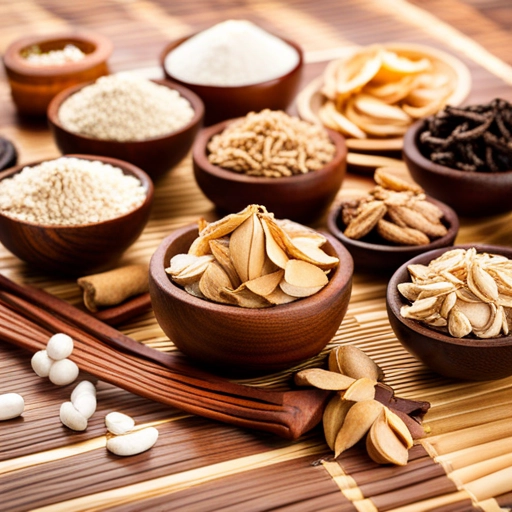
Contemporary Relevance and Integration:
TCM has gained significant recognition and integration into contemporary healthcare systems worldwide. Its holistic approach and focus on personalised care align with the growing demand for patient-centred medicine. In many countries, TCM clinics and practitioners coexist alongside Western medical practices, offering individuals alternative or complementary treatment options.
The integration of TCM into mainstream healthcare is supported by scientific research and evidence demonstrating its effectiveness for various conditions. For example, acupuncture has shown promise in pain management, digestive disorders, infertility, and mental health conditions. Herbal medicine has been extensively studied for its therapeutic properties and is increasingly used alongside conventional medications. The integration of TCM into healthcare systems also promotes cultural diversity and provides patients with broader choices for their well-being.
Safety and Regulation:
Ensuring the safety and quality of TCM treatments is paramount. In countries where TCM is practiced, regulatory bodies establish standards for education, licensing, and ethical practice. These regulations aim to safeguard patient safety and ensure that practitioners meet certain competency requirements. It is important for individuals seeking TCM treatments to consult qualified and registered practitioners who adhere to professional standards and guidelines.
Traditional Chinese Medicine offers a holistic approach to healthcare, focusing on restoring balance and harmony within the body. Its ancient principles, diagnostic methods, and treatment modalities provide a comprehensive understanding of health and disease. TCM’s integration into contemporary healthcare systems worldwide reflects its growing relevance and acceptance. As scientific research continues to explore the mechanisms and efficacy of TCM practices, it holds the potential to enhance patient care, broaden treatment options, and foster a more holistic and integrative approach to health and well-being.
TCM at Kurrajong Natural Medicine Centre
At Kurrajong Natural Medicine Centre, TCM plays a prominent role in providing holistic healthcare and promoting overall well-being. The centre, known for its dedication to natural healing methods, offers a range of TCM and other services and therapies to support individuals on their path to obtaining and maintaining optimal health.
Kurrajong Natural Medicine Centre provides a comprehensive approach to health and wellness, integrating ancient wisdom with modern understanding. By addressing the underlying imbalances and supporting the body’s natural healing abilities, Kurrajong Natural Medicine Centre offers a holistic and personalised approach to healthcare, empowering individuals to achieve and maintain optimal well-being.
Dr Danny Siegenthaler, senior practitioners at Kurrajong Natural Medicine Centre, is highly skilled and experienced in Chinese medicine, holding deep respect for its ancient wisdom while incorporating modern knowledge and research. The practitioners at Kurrajong Natural Medicine Centre work closely with their patients, taking a holistic approach to address the root causes of health issues rather than merely treating symptoms.
Our senior practitioners are available to help you. Simply call (02) 4573 0784 to discuss what approach is best for your health issue.
